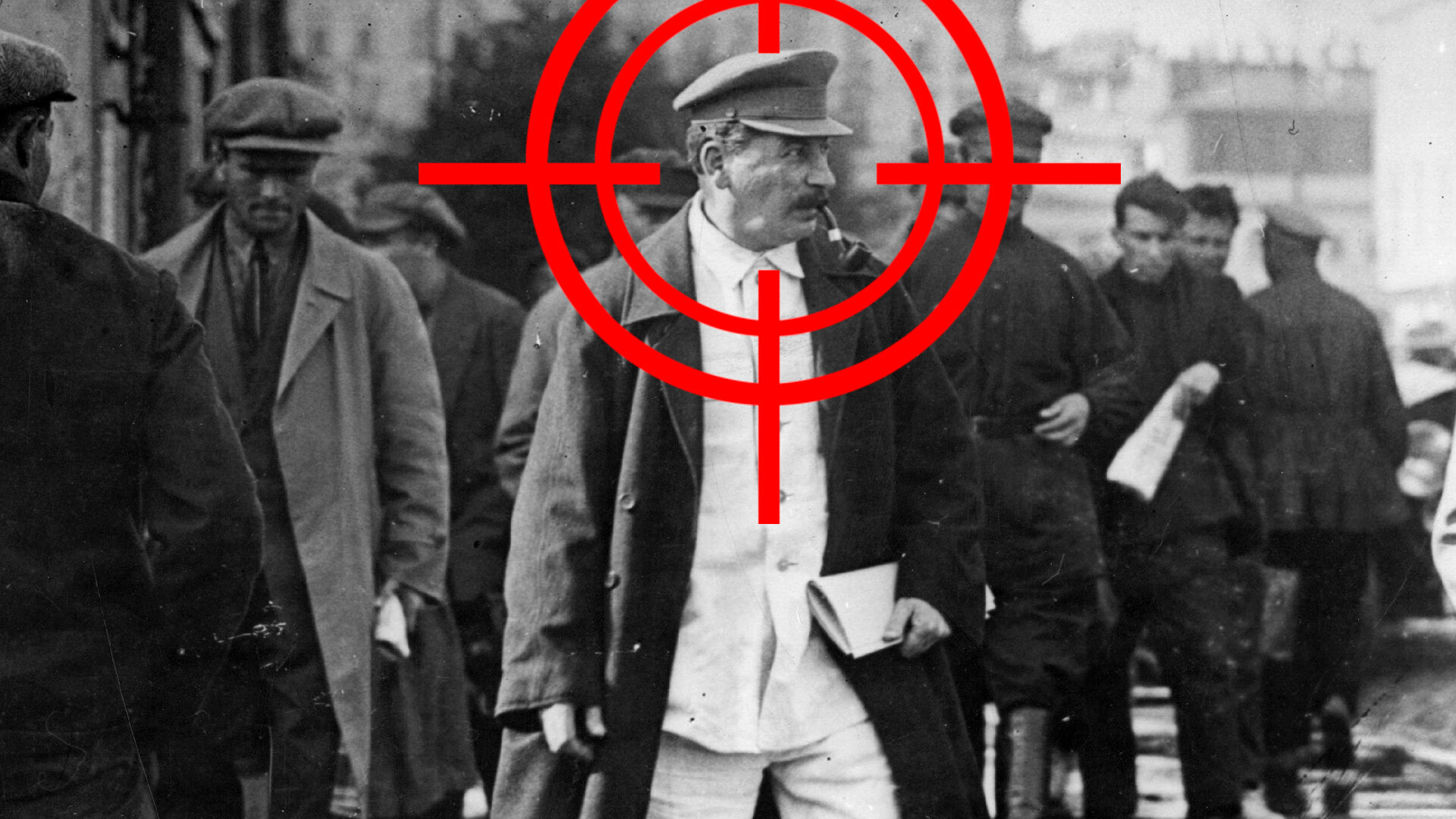
“My first thought was to grab a revolver and shoot, but, since I was not wearing a jacket that day, but a coat and the revolver was in my pants’ pocket under the coat, I realized that I would be caught before I shot,” is how British intelligence agent Leonid Ogarev explained himself during an interrogation about the failed assassination attempt.
In those years, Stalin often walked along the streets of Moscow among ordinary people. At the same time, the General Secretary of the Central Committee of the All-Union Communist Party (the Bolsheviks) was, of course, guarded.
On November 16, 1931, Joseph Stalin was walking as usual from the Red Square towards the Ilyinsky Gate, when Ogarev noticed him.
In addition to working for British intelligence, Ogarev, also known by the surnames ‘Platonov’ and ‘Petin’, was a staunch opponent of Soviet power and a White émigré. The assassination of Stalin was not part of the intelligence officer's mission, but he did not want to miss such a chance.
However, in the end, he was afraid of the guards - there were about eight people following Stalin.
Two days later, a report from the OGPU state security structure landed on Stalin's desk, which presented a slightly different version of events.
According to it, Ogarev had been under the OGPU's "cap" since his arrival in the capital. During that walk, he was accompanied by the owner of the apartment where he was staying - a secret service agent. He prevented the intelligence officer from snatching a weapon.
In any case, the British agent was detained, convicted of espionage and terrorism and shot. And Stalin was categorically forbidden from walking around Moscow by decision of the Politburo's governing body.
If using any of Russia Beyond's content, partly or in full, always provide an active hyperlink to the original material.
Subscribe
to our newsletter!
Get the week's best stories straight to your inbox